Researchers at Massachusetts General Hospital (MGH) have successfully used PET imaging to measure inflammation in the brain of a person living with amyotrophic lateral sclerosis (ALS).
ALS is a progressive neurodegenerative disease that affects nerve cells in the brain and the spinal cord. Eventually, people with ALS lose the ability to initiate and control muscle movement, which often leads to total paralysis and death within two to five years of diagnosis. For unknown reasons, veterans are twice as likely to develop ALS as the general population. There is no cure, and only one drug approved by the U.S. Food and Drug Administration (FDA) modestly extends survival.
For PET imaging, an investigational PET radiotracer was designed to bind to activated glial cells (the support cells of the nervous system) and serve as a surrogate marker of inflammation and track changes in the brain glial cells. Preliminary data generated at MGH using a similar tracer show increased uptake in the motor cortex and brain stem in people living with ALS that is strongly correlated with clinical measures. [Zurcher N, et al. NeuroImage Clinical 2015]

“Inflammation is an important target for ALS drug development, and we believe imaging inflammation may allow us to design and conduct efficient ALS clinical trials and will accelerate the pace of ALS drug discovery,” said Dr. Nazem Atassi, the Primary Investigator of this study. “This important milestone was only possible through close partnership between the study teams at the NCRI, the MGH Gordon Center (Drs. Georges El Fakhri and Marc Normandin), Houston Methodist Hospital (Drs. Joseph Masdeu and Stanley Appel) and GE Healthcare (Drs. Nadeem Ishaque, Randall Carter and Luca Marinelli),” he added.
This accomplishment is part of the TRACK ALS project, which is a large multicenter, longitudinal and comprehensive biomarkers study that includes imaging, whole genome sequencing, biofluid inflammatory biomarkers and induced pluripotent stem cell generation. The overall project goal is to identify new imaging markers of ALS that can be used to accelerate ALS diagnostic timelines and the pace of ALS drug development. The TRACK ALS project is funded through the ALS ACT initiative.
Reference:
Zucher N, Lawson R, Loggia M, Chonde DB, Izquierdo D, Akeju O, Catana C, Rosen B, Cudkowicz ME, Hooker J, Atassi N. Microglial Activation in Individuals with Amyotrophic Lateral Sclerosis. Neuroimage Clin 2015 (PMC 25685708)
To view the official press release published by the ALS Association please follow this link.
Additional information can also be found on the ALS News Today website

